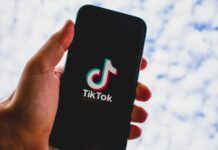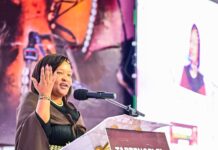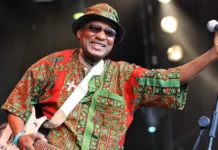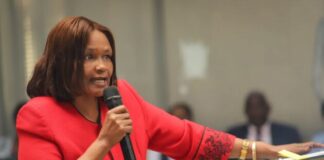The Cambridge Dictionary has added a host of new words this year, highlighting the enduring influence of the TikTok generation on the English language. Among the additions are “skibidi,” “tradwife,” and “delulu,” terms that reflect the way internet culture continues to shape modern communication.
Lexicographers emphasize that these are not fleeting internet fads. “Internet culture is changing the English language, and the effect is fascinating to observe and capture in the dictionary,” said Colin McIntosh, the dictionary’s lexical programme manager.
“It’s not every day you get to see words like ‘skibidi’ and ‘delulu’ make their way into the Cambridge Dictionary. We only add words where we think they’ll have staying power.”
For those unfamiliar with TikTok trends, “skibidi” may seem perplexing. Popularized by the viral YouTube series Skibidi Toilet, the term is often used by children to add emphasis or humor. The Cambridge Dictionary defines it as “a word that can have different meanings such as ‘cool’ or ‘bad’, or can be used with no real meaning as a joke,” exemplified in the sentence: “What the skibidi are you doing?”
Critics have noted the cultural impact of such terms. U.S. writer Lee Escobedo described “skibidi brainrot” as emblematic of a generation fluent in irony but searching for meaning.
The term “tradwife,” in use since at least 2020, refers to socially conservative influencers who promote traditional domestic roles, often via TikTok, Instagram, and YouTube. The dictionary notes it specifically describes those who post about these roles on social media, sparking debate about gender norms in the digital age.
“Delulu,” a shortened form of “delusional,” has gained popularity in online communities, particularly among K-pop fans. It describes believing in things that are not real or true, often by choice. The term has also entered political discourse; Australian Prime Minister Anthony Albanese referenced it in parliament earlier this year.
Other notable new entries include “broligarchy,” combining “bro” and “oligarchy,” to describe a small group of wealthy, powerful men in the tech industry seeking political influence. The dictionary also added practical post-pandemic terms like “mouse jiggler,” a device or software used to appear active at work, and “work spouse,” describing trusted workplace partnerships.
The latest additions underscore how digital culture continues to influence language, capturing trends that extend beyond memes and social media into everyday communication.
Written By Rodney Mbua


















